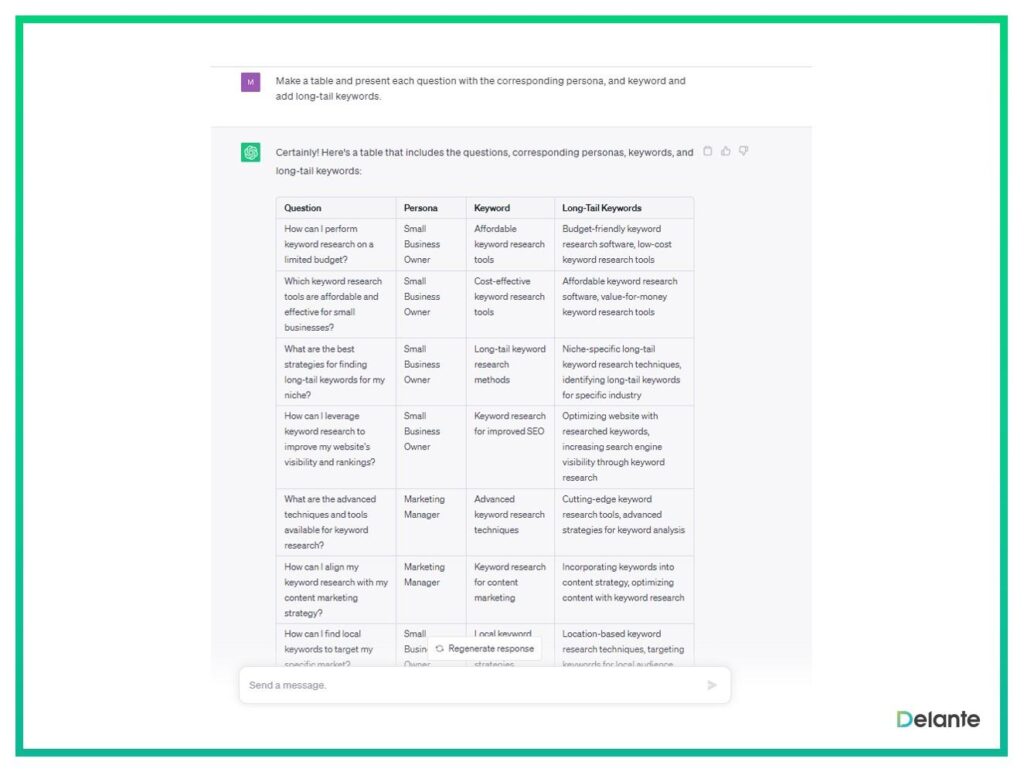Revitalizing Mauritius: Key Reforms to Unlock Investment and Foster Sustainable Growth by 2025
The African Development Bank (AfDB) has recently released a comprehensive report urging Mauritius to implement transformative reforms aimed at unlocking capital inflows and accelerating sustainable economic progress. As the island nation approaches 2025, it confronts increasing economic pressures that demand innovative policy shifts and strategic investments. The AfDB underscores the necessity for Mauritius to enhance its global competitiveness while building resilience in vital sectors such as tourism, technology, and agriculture. This forward-thinking agenda is designed not only for immediate recovery but also to establish Mauritius as a vibrant participant in the global economy’s evolving landscape.
Blueprint for Economic Renewal: Driving Long-Term Prosperity
The AfDB advocates a thorough restructuring of Mauritius’ economic environment through decisive reforms that improve investment appeal and diversify growth avenues. A cornerstone of this strategy involves simplifying regulatory processes to attract both local entrepreneurs and foreign investors by minimizing bureaucratic obstacles currently impeding business development.
- Streamlining Regulations: Simplifying administrative procedures will accelerate business approvals, fostering entrepreneurship across multiple industries.
- Modernizing Infrastructure: Enhancing transport systems, energy networks, and digital connectivity is essential for supporting emerging fields like fintech and agritech.
- Encouraging Innovation: Expanding research & development efforts will drive technological advancements critical for sustained competitive advantage.
An important element includes promoting public-private partnerships (PPPs), which leverage private sector expertise to deliver efficient public services while optimizing government expenditure. These collaborations are crucial in scaling infrastructure projects with financial sustainability at their core.
Boosting Capital Inflows: Policy Measures to Enhance Investment Access
The AfDB stresses that attracting capital requires cultivating an environment conducive to private sector growth. Transparent governance combined with streamlined regulations can significantly bolster investor confidence—benefiting both domestic businesses seeking expansion funds and international investors exploring promising markets.
The rising emphasis on green technologies offers substantial opportunities; incentivizing renewable energy initiatives through tax breaks or subsidies aligns with global sustainability trends while reducing dependence on fossil fuels. For instance, recent statistics reveal that Africa’s renewable energy investments have grown annually by over 20% from 2018 through 2023—a momentum Mauritius can harness by nurturing its clean technology sector.
- Simplify Business Procedures: Improve ease of doing business rankings via digital licensing platforms enabling faster startup processes.
- Promote Green Investments: Provide fiscal incentives targeting solar power ventures or waste-to-energy projects tailored for local conditions.
- Support SMEs: Develop specialized financing options such as microloans or venture capital programs customized for small- and medium-sized enterprises’ unique needs.
- Diversify Infrastructure Support: Expand nationwide broadband access facilitating remote work hubs alongside e-commerce growth accelerated by post-pandemic trends.
The report also highlights capacity-building initiatives focused on education reform aimed at equipping Mauritian workers with skills aligned with future labor market demands—particularly digital literacy, data analytics capabilities, and sustainable agricultural practices—to ensure inclusive benefits across society while preparing the workforce for evolving global job markets.
A Resilient Future: Diversification Strategies Amid Global Uncertainties
Mauritius’ sustained prosperity depends on adopting a multi-pronged approach addressing vulnerabilities revealed by external shocks such as commodity price volatility or disruptions in international supply chains. The AfDB recommends diversification strategies centered around several key pillars:
- Create an Investor-Friendly Ecosystem: Implement policy reforms designed to attract foreign direct investment (FDI), especially from emerging economies targeting Africa’s expanding consumer base.[Source]
- Nurture Digital Transformation Initiatives: Invest strategically in ICT infrastructure alongside workforce upskilling programs fostering innovation-driven enterprises capable of competing globally amid rapid technological evolution.
- Pursue Renewable Energy Expansion: Mauritius should fast-track deployment of solar photovoltaic installations coupled with offshore wind farms reducing reliance on imported fossil fuels.
- Evolve Education Systems: Create curricula responsive to shifting labor market needs emphasizing STEM disciplines integrated with entrepreneurial skill development.
| Focus Area | Core Objective Description |
|---|---|
| Investment Climate Improvement | Simplifying regulations & enhancing transparency attracts diverse investor profiles |
| Digital Economy Growth | Building resilient ICT infrastructure paired with targeted workforce skill enhancement |
| Renewable Energy Development | Advancing clean energy solutions reduces environmental impact & import dependency |
| Education & Skills Alignment | Adapting education systems toward future-ready competencies ensures equitable growth opportunities |
Navigating Forward: Embracing Reform Toward a Robust Mauritian Economy
The African Development Bank’s analysis clearly indicates that prompt implementation of these reforms is vital if Mauritius intends not just recovery but robust growth amid shifting global dynamics. By adopting these strategic measures—from regulatory simplification through innovation stimulation—the country is well-positioned to significantly strengthen its economic resilience while setting new standards within Africa’s developmental framework.
Success hinges upon coordinated collaboration among government agencies, private sector participants, civil society groups, along with international partners committed toward shared prosperity objectives.
As policymakers marshal resources around this ambitious roadmap leading up to 2025,Mauritius emerges as a promising exemplar balancing sustainable advancement alongside social inclusivity within Africa’s dynamic narrative.
This critical juncture calls upon Mauritian leaders—and all stakeholders—to champion these transformative reforms decisively ensuring enduring impact beyond immediate milestones into decades ahead.
(Data referenced includes recent African renewable energy investment trends reported by IRENA [International Renewable Energy Agency], highlighting annual increases exceeding 20% between 2018–2023.)

